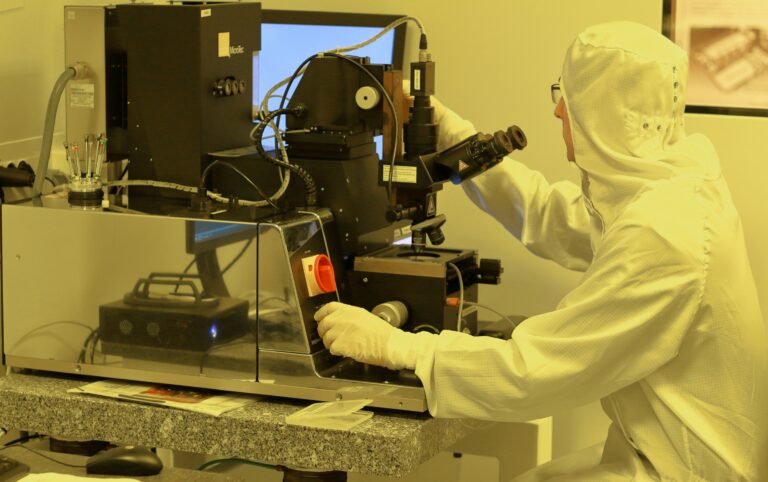SK Hynix and Samsung will profit from surging demand for high-bandwidth memory as OpenAI launches its $500bn Stargate project.
Shares jumped sharply in Seoul, with SK Hynix up 10% and Samsung Electronics rising more than 3%.
Both firms will supply HBM chips for OpenAI’s supercomputer, securing a critical role in the global AI push.
Samsung leads global DRAM and NAND flash production, powering data centers, servers, and smartphones worldwide.
SK Hynix ranks second in DRAM output and dominates HBM, supplying ultra-fast chips for Nvidia AI processors.
Together, they control over half the memory market, shaping prices, capacity, and technology direction in the digital economy.
HBM Demand Soars With Stargate Project
High-bandwidth memory lets AI chips move enormous data volumes at unprecedented speeds, essential for training large-scale models.
Stargate will deploy AI supercomputers across multiple continents, requiring hundreds of thousands of HBM wafers monthly.
The project will expand SK Hynix’s HBM3 dominance and advance Samsung’s production of next-generation HBM4 chips.
The initiative could reshape global semiconductor capacity and spark a massive wave of AI-related capital investment.
Industry analysts say HBM demand from Stargate sets new standards for memory production and supply chain scale.
Both firms will benefit from sustained orders as AI workloads continue to grow exponentially worldwide.
Seoul Strengthens Its AI and Tech Influence
Hosting OpenAI’s Stargate project enhances South Korea’s ambition to become a regional AI and technology hub.
The initiative strengthens Seoul’s ties with Washington and reduces reliance on China-sensitive AI supply chains.
Korea’s export-oriented memory sector offers the scale and political reliability needed for strategic global projects.
OpenAI’s investment positions South Korea at the center of AI infrastructure, giving it influence over international AI development.
The project highlights how alliances and technology capacity shape the evolving landscape of global AI computing.
Seoul expects long-term economic and technological gains as AI supercomputing projects drive domestic innovation and production.


